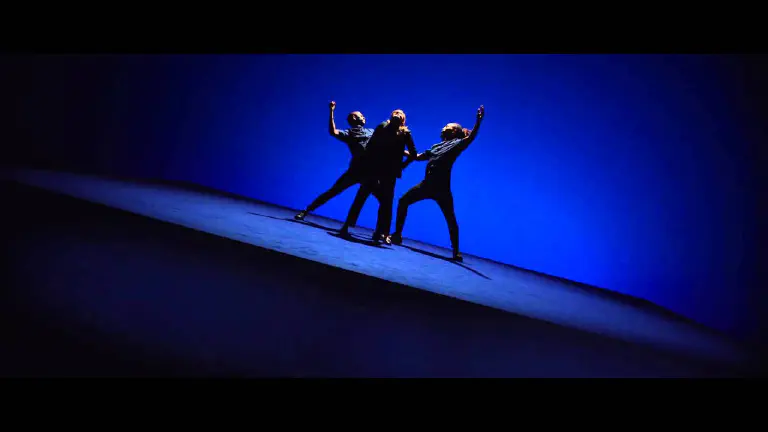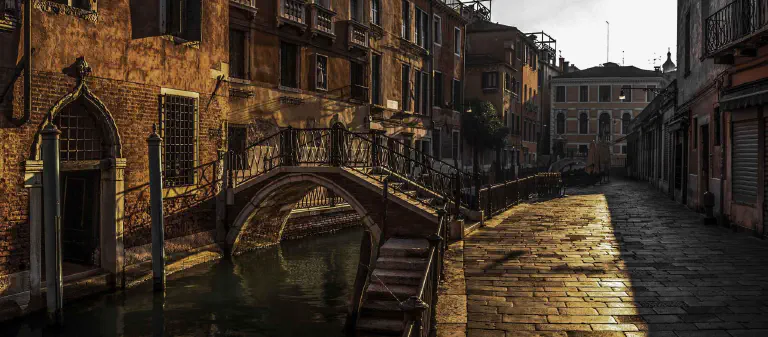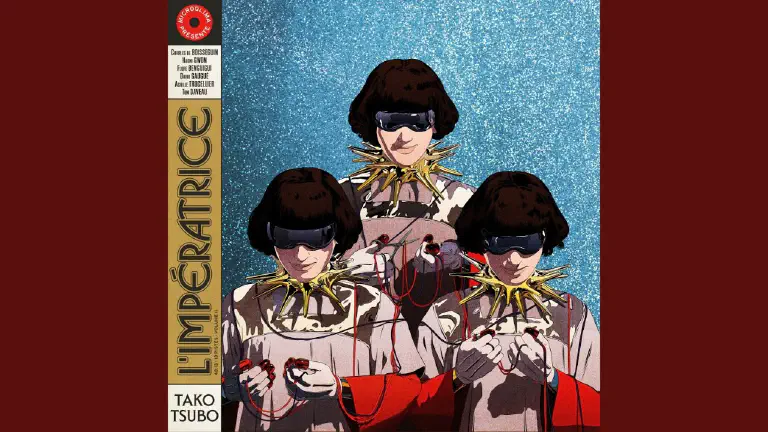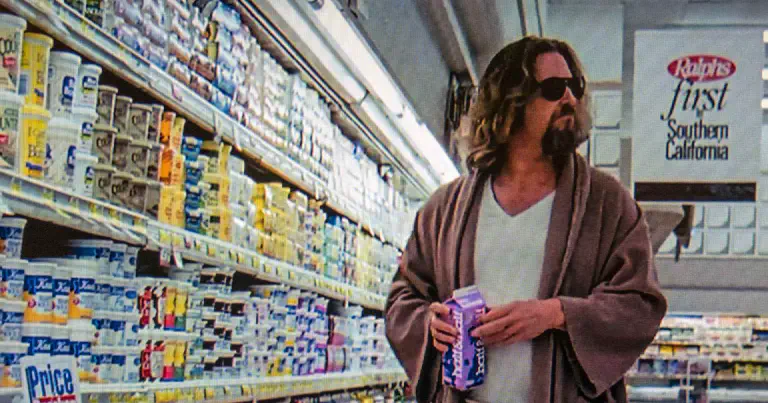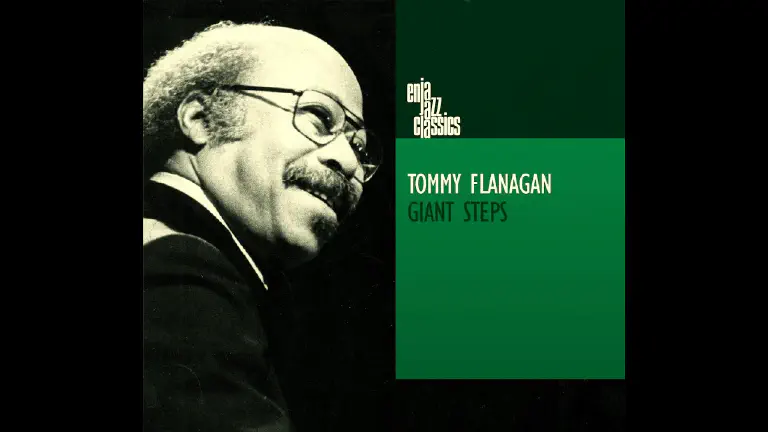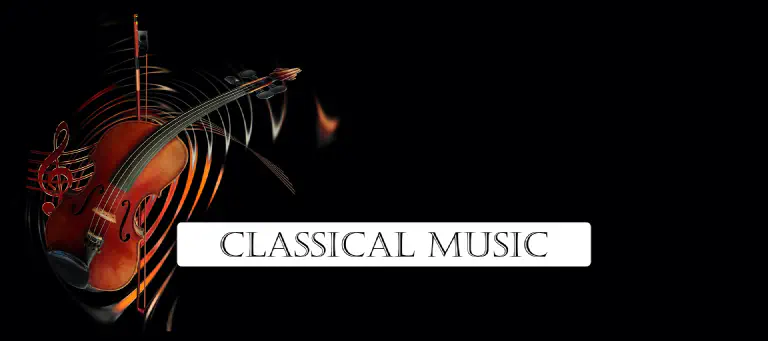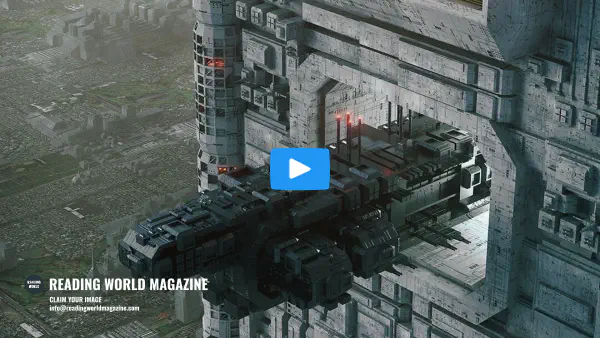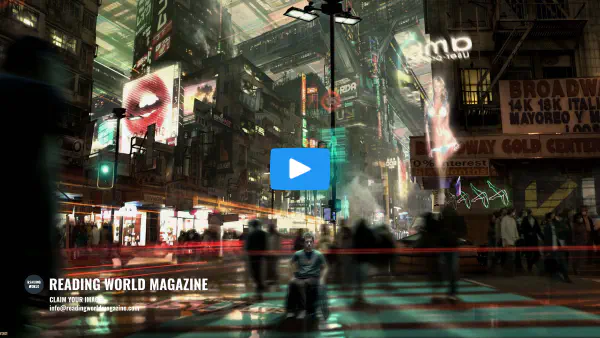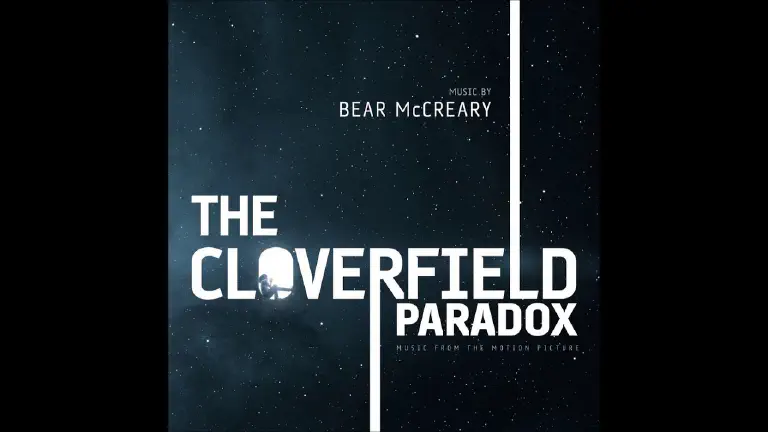Nothing, but it could have been worse. Actually, I got bored and didn't watch it all. I'm writing about it here because there were a couple of things I liked. I'll tell you about those shortly.
First, disclaimer: I didn't watch any of the Cloverfield series. They must have been good though, because they made a lot of money. The box office from the first one, "Cloverfield," released in 2008, something like tripled cost. The second one, "Cloverfield Lane", from 2016, doubled them. People liked the documentary film style, horror, and action.
What I liked about the first half of Cloverfield Paradox
The acting wasn't bad. There's realism in the beginning. The spaceship is awesome. And then there is the reason for this post: the soundtrack! Yup - totally dug the sharp cello and thundering kettle drums. :blush: :violin:
The Soundtrack
Here it is, before you get bored. Listen to the first song from this youtube playlist and you'll see what I mean. Turn up the volume and close the door (I mean way up...and boom that base too.) You can leave the playlist on to hear the full soundtrack.
Wow! Right?
Bear McCreary is the composer. He totally won me over with this one. Now I'm looking into his other compositions. Nice one Bear. :clap:
What Else I liked
Nothing. I'm going to skip talking about the movies now, and pass on posting the trailer; because: bbbbblpp, it was a 6/10.
Many Worlds
Cloverfield Paradox adopts the 'many words' theory that has been getting around physics for decades. I'm not a fan. I find it a bit of a stretch, but if you want something whacko for your script, why not?
The basic idea is that space time is a function of quantum states. As we know, quantum physics allows for quantum particles to exist in more than one place simultaneously. Bend your imagination a bit and you can order those particles into loosely similar arrangements (or not). Mix in a little 'back to the future,' and you have multiple states of existence occurring simultaneously.
I've completely murdered the theory with non-technical lay-lang...ooops. Bear with me. ( Get it, bear? :grimacing: ) Here's a random article that does a little bit more to explain 'multiple worlds.'
What matters is that 'multiple worlds' is behind a surprising number of films and novels. 'Back to The Future,' for example, and more recently 'Stranger Things' also incorporate 'multiple worlds.' And there's another sci-fi classic that uses the theory, demonstrating how long it's been around in pulp-fiction circles. Frank Herbert's book ,"Dune," has a mysterious guild in it, whose purpose is to fold space carefully, ensuring space travellers stay in their current dimension of space time.
So I thought that was pretty cool.






